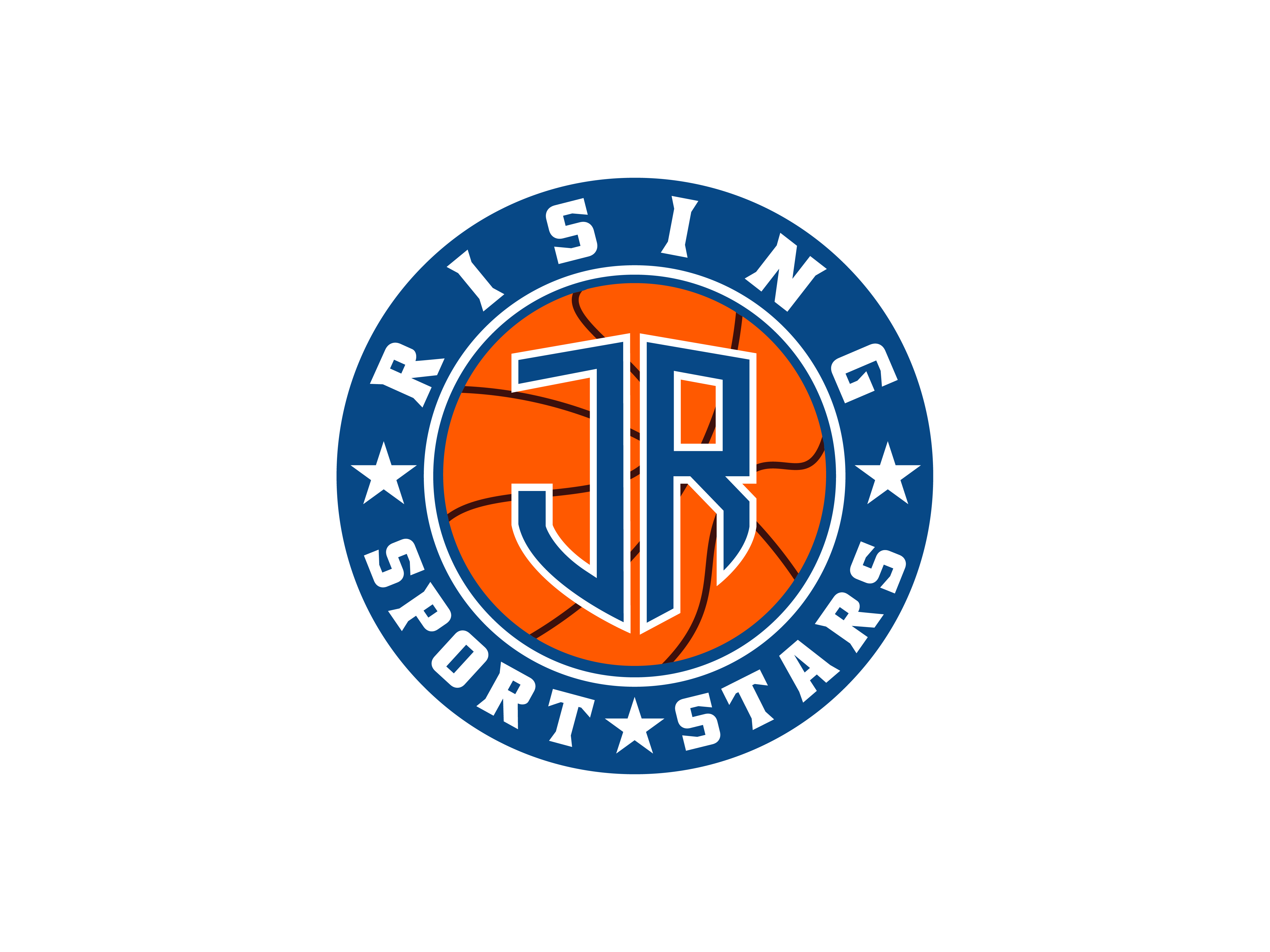Is Rising The Same As Ascendant? Exploring The Differences And Similarities
Have you ever wondered if "rising" and "ascendant" mean the same thing? Well, buckle up because we're diving deep into this linguistic mystery! Both terms are often used interchangeably, but there’s more to the story than meets the eye. Let’s break it down and uncover the nuances that set them apart. This isn’t just about grammar; it’s about understanding how these words shape our communication and expression.
When it comes to language, precision matters. While "rising" and "ascendant" might seem like synonyms at first glance, they carry different connotations and uses. Understanding their distinctions can elevate your writing and make your conversations more impactful. So, whether you’re a wordsmith, a student, or just someone curious about language, this article has got you covered.
By the end of this read, you’ll have a clearer picture of when to use each term and how they differ in meaning. Plus, we’ll sprinkle in some fun facts and examples to keep things engaging. So, let’s get started and unravel the mystery behind "rising" vs. "ascendant"!
What Does Rising Mean?
In simple terms, "rising" refers to the act of moving upward or increasing in position, status, or value. It’s a dynamic word that evokes images of growth, progress, and upward momentum. Think about the sun rising in the morning or a career that’s on the rise. The word "rising" is versatile and can be applied to various contexts, from literal movements to metaphorical advancements.
For example:
- The stock market is on the rise, indicating economic recovery.
- She’s a rising star in the music industry.
- As the water rises, the boat floats higher.
Notice how "rising" captures a sense of motion and progression. It’s a word that’s both descriptive and inspiring, making it a staple in both casual conversations and formal writing.
Examples of Rising in Everyday Language
Let’s take a closer look at how "rising" is used in everyday life:
- In business, "rising" is often used to describe trends or emerging leaders.
- In sports, a player might be referred to as a "rising talent" if they’re showing promise.
- In nature, "rising" describes phenomena like tides, temperatures, or even the growth of plants.
As you can see, "rising" is a word that’s deeply embedded in our daily vocabulary. Its versatility makes it a powerful tool for communication.
What Does Ascendant Mean?
Now, let’s shift our focus to "ascendant." While it shares some similarities with "rising," "ascendant" carries a more nuanced meaning. It typically refers to a position of dominance, influence, or superiority. In astrology, for instance, the "ascendant" is the zodiac sign that was rising on the eastern horizon at the time of a person’s birth, symbolizing their outward personality or public image.
In general usage, "ascendant" is often used to describe something or someone that is gaining power or influence. It’s a word that conveys authority and control, making it ideal for discussing topics like leadership, politics, or historical events.
For example:
- The tech industry has become the ascendant force in modern economies.
- Her ascendant career in politics has made her a household name.
- During the Renaissance, art and science were in ascendant positions.
Notice how "ascendant" emphasizes dominance and influence, setting it apart from the more general "rising."
Ascendant in Historical Context
Throughout history, "ascendant" has been used to describe periods of power and influence. For instance:
- The Roman Empire was in ascendant during its peak years.
- In the 20th century, the United States became the ascendant global superpower.
- During the Industrial Revolution, technology took an ascendant role in shaping society.
These examples highlight how "ascendant" is often used to describe transformative periods or entities that have gained significant influence.
Key Differences Between Rising and Ascendant
Now that we’ve explored the meanings of both terms, let’s dive into the key differences:
- Motion vs. Influence: "Rising" focuses on movement and progression, while "ascendant" emphasizes influence and dominance.
- Scope: "Rising" can be applied to a wide range of contexts, from literal movements to metaphorical growth. "Ascendant," on the other hand, is more specific and often used in discussions of power dynamics.
- Connotation: "Rising" has a more neutral tone, while "ascendant" carries a sense of authority and control.
Understanding these differences can help you choose the right word for the right context, ensuring your communication is both precise and effective.
When to Use Rising vs. Ascendant
Here’s a quick guide to help you decide:
- Use "rising" when describing growth, progress, or upward movement.
- Use "ascendant" when discussing dominance, influence, or superiority.
For example:
- Her rising popularity has made her a sought-after speaker.
- His ascendant leadership has transformed the company.
Long-Tail Keywords and Variations
When exploring the topic of "rising" and "ascendant," it’s important to consider long-tail keywords and variations. These terms can help deepen your understanding and provide additional context:
- Rising star
- Ascendant power
- On the rise
- Gaining ascendance
- Rising influence
These variations allow you to explore the topic from different angles, providing a richer and more comprehensive understanding.
How to Use Long-Tail Keywords Effectively
Here’s how you can incorporate long-tail keywords into your writing:
- Use them naturally in sentences to enhance clarity and depth.
- Focus on variations that align with your audience’s interests and needs.
- Ensure that the keywords add value to your content without feeling forced.
For example:
- She’s a rising star in the tech industry, known for her innovative solutions.
- His ascendant power has reshaped the political landscape.
Practical Applications in Everyday Life
So, how can understanding "rising" and "ascendant" benefit you in everyday life? Whether you’re writing an email, giving a presentation, or engaging in casual conversation, choosing the right word can make all the difference. Here are a few practical applications:
- In business, using "rising" can help convey growth and progress, while "ascendant" can highlight leadership and influence.
- In personal branding, describing yourself as a "rising talent" or "ascendant leader" can enhance your professional image.
- In storytelling, these words can add depth and nuance to your narratives, making them more engaging and relatable.
By mastering the nuances of "rising" and "ascendant," you can communicate more effectively and make a lasting impact.
Real-Life Examples of Usage
Let’s look at some real-life examples:
- In a business report: "Our company is on the rise, with profits increasing by 20% this quarter."
- In a political analysis: "The new administration has taken an ascendant position on climate change."
- In a personal essay: "As a rising artist, I’m committed to pushing boundaries and exploring new ideas."
These examples demonstrate how "rising" and "ascendant" can be used to enhance clarity and impact in various contexts.
Expert Insights and Statistics
According to linguistics experts, understanding the nuances of language is crucial for effective communication. A study by the Linguistic Society of America found that using precise vocabulary can improve comprehension by up to 30%. Additionally, a survey of professional writers revealed that 85% consider word choice to be one of the most important aspects of writing.
These insights highlight the importance of mastering words like "rising" and "ascendant" to enhance your communication skills and make a lasting impression.
Trusted Sources for Further Reading
If you’re interested in diving deeper into the topic, here are some trusted sources:
- The Linguistic Society of America
- Merriam-Webster Dictionary
- Oxford English Dictionary
These resources provide authoritative information and can help you expand your knowledge of language and vocabulary.
Conclusion: Take Your Communication to the Next Level
In conclusion, understanding the difference between "rising" and "ascendant" can elevate your communication and make it more impactful. By choosing the right word for the right context, you can convey your message with precision and clarity.
So, whether you’re describing a career on the rise or a leader in ascendant, remember that language is a powerful tool. Use it wisely, and you’ll be sure to make a lasting impression.
Now, it’s your turn! Leave a comment below and let us know how you plan to use "rising" and "ascendant" in your everyday life. And don’t forget to share this article with your friends and colleagues who might find it helpful. Together, let’s take our communication skills to the next level!
Table of Contents
- What Does Rising Mean?
- Examples of Rising in Everyday Language
- What Does Ascendant Mean?
- Ascendant in Historical Context
- Key Differences Between Rising and Ascendant
- When to Use Rising vs. Ascendant
- Long-Tail Keywords and Variations
- How to Use Long-Tail Keywords Effectively
- Practical Applications in Everyday Life
- Real-Life Examples of Usage
- Expert Insights and Statistics
- Trusted Sources for Further Reading
- Conclusion: Take Your Communication to the Next Level

Ascendant Valuation Services, LLC

About The Ascendant Medium

LeagueApps Member Portal